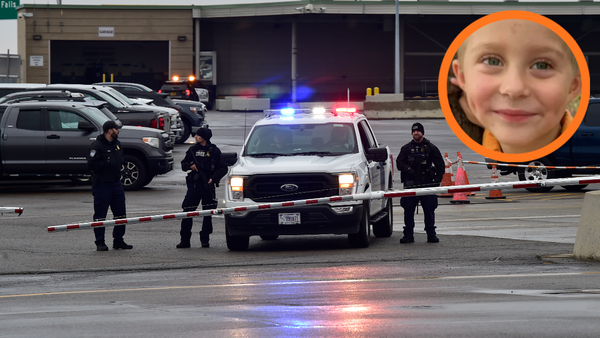
Hunter researchers have received international backing for their work to reduce high rates of cancer survivors dying from cardiovascular disease.
Professors Aaron Sverdlov and Doan Ngo lead a team at Hunter Medical Research Institute that is developing a drug combination that treats cancer and protects the heart.
They established a cardio-oncology service in Hunter hospitals, which helps pinpoint people at risk of developing heart disease due to the side effects of anti-cancer drugs.
Hunter research, released last year, found that cancer survivors had "an eight-fold increased risk of developing cardiovascular disease".
Professor Susan Dent, of Duke University in the US, was in Newcastle last week to support the researchers.
In her role as International Cardio-Oncology Society president, Professor Dent plans to help advance the Hunter research across the world.
"We need a better understanding of how we can identify cancer patients at risk of cardiovascular disease and how to prevent them from developing it," she said.
The Hunter research stated that Australia had more than 400,000 cancer survivors.
"This is expected to increase due to a continuous decline in cancer death rates," it said.
"Currently there is a 70 per cent chance of surviving at least five years after cancer diagnosis in Australia.
"However, up to 25 per cent of these cancer survivors die from cardiac disease development within seven years of cancer diagnosis."
Cancer treatments can damage the heart and cardiovascular system. The side effects include high blood pressure, abnormal heart rhythms and heart failure.
Chemotherapy and radiation therapy, along with newer treatments such as immunotherapy, can cause these conditions or worsen them.
Genetics and lifestyle, such as diet and exercise, also play a role.
"We are gaining a better understanding of this issue, but we need more research like that being done in Newcastle," Professor Dent said.
"Then we can look at prevention strategies."
Professor Dent added that it was crucial to understand the science behind approved anti-cancer drugs and their "toxicities".
"What they're doing here in Newcastle is trying to better understand how we can prevent cardio-toxicity," she said.
"In the past, as oncologists, we've waited until people develop toxicity from the drugs, then we send them to the cardiologist and say can you fix this.
"We need a more proactive approach to prevent the toxicity in the first place."
The research, done at the Newcastle Centre of Excellence in Cardio-Oncology, aims to prevent or improve cardiovascular damage and help cancer drugs be more effective.
The centre, led by Professors Sverdlov and Ngo, is working on several anti-cancer drugs including bisantrene.
"Hopefully it will go into clinical trials over the next 12 months," Professor Sverdlov said.
"In preclinical models, it improves toxicity to the heart in combination with other anti-cancer drugs."
Bisantrene, a chemotherapeutic drug, was developed in the 1970s but never commercialised. It has since been rediscovered for its potential to treat cancer and protect the heart.







